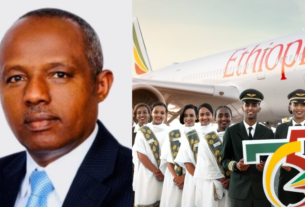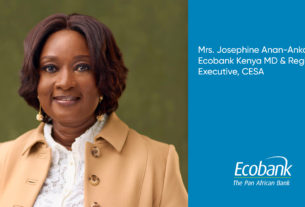Nemat “Minouche” Shafik, the current president, since 2017, of the London School of Economics and Political Science (LSE), will become the 20th president of Columbia University on July 1, 2023. She is a distinguished economist who for more than three decades has served in senior leadership roles across a range of prominent international and academic institutions.
Her election, said the university of Columbia, concludes a wide-ranging and intensive search launched after Lee C. Bollinger announced that he would step down as Columbia’s president at the end of the 2022-2023 academic year.
The selection of Shafik marks the first time since Columbia’s founding that the University will be led by a woman. Shafik also served as the first female leader of LSE and previously was the first female permanent secretary of the U.K. Department for International Development.
In a letter to the community, Jonathan Lavine, chair of the Columbia Board of Trustees, called Shafik “the perfect candidate: a brilliant and able global leader, a community builder, and a preeminent economist who understands the academy and the world beyond it.”
Ranked among the top universities in the world, Columbia University is a private research university in New York City and a member of the Ivy League, a group of eight of the oldest and most prestigious private universities in the USA. Established in 1754 as King’s College on the grounds of Trinity Church in Manhattan, Columbia is the oldest institution of higher education in New York and the fifth-oldest institution of higher learning in the United States.
From Egypt to the UK via the USA
Minouche Shafik was born in Alexandria, Egypt. When she was 4 years old, her family fled the country during the political and economic upheaval of the mid-1960s. Her father, a scientist, found work in the United States, where he had done his PhD. Minouche and her sister attended numerous schools in Florida, Georgia, and North Carolina, and she graduated summa cum laude and Phi Beta Kappa from the University of Massachusetts-Amherst with a Bachelor of Arts in economics and politics in 1983. She was awarded a Master of Science in economics from the London School of Economics and Political Science (LSE) in 1986, followed by Doctor of Philosophy in economics from St Antony’s College, Oxford University, in 1989.
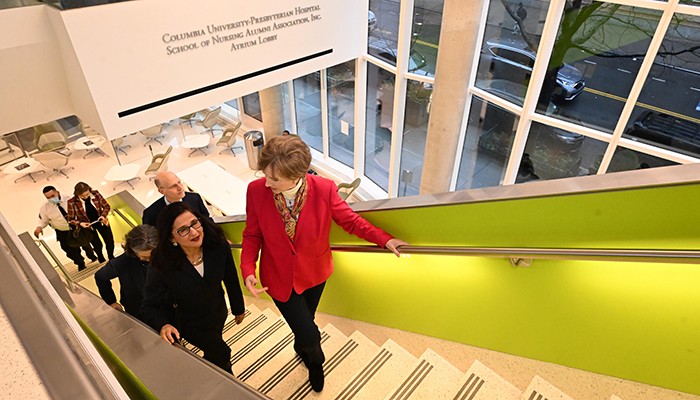
A Career in Global Development
Following her Oxford years, Minouche began her career at the World Bank. By age 36, she had become the bank’s youngest-ever vice president. During the early 2000s, she held academic appointments at the Wharton Business School of the University of Pennsylvania and the Economics Department at Georgetown University. In 2008, she was appointed Permanent Secretary of the U.K.’s Department for International Development, where she led an overhaul in British foreign aid. Next, she served as Deputy Managing Director of the International Monetary Fund and then as Deputy Governor of the Bank of England, where she sat on all the monetary, financial, and prudential policy committees and was responsible for a balance sheet of over £500 billion (equivalent of approximately $605 billion). In 2017, she returned to academia as president of the London School of Economics and Political Science.
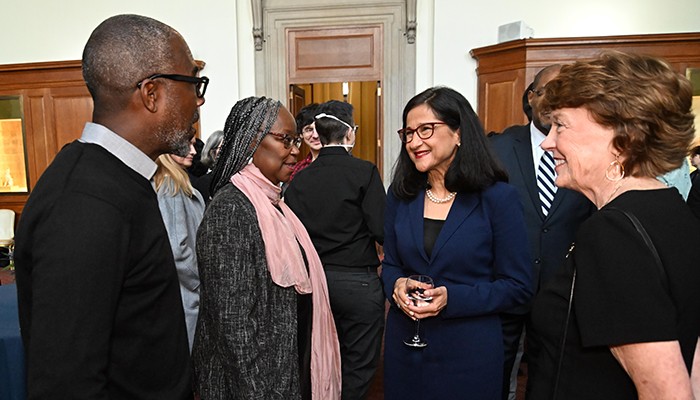
Throughout her career, Minouche has been at the center of efforts—often during pivotal, high-stakes moments—to address some of the world’s most complex and disruptive challenges. At the World Bank, she worked on the institution’s first-ever report on the environment and later advised governments in Eastern Europe after the fall of the Berlin Wall. At the height of the “Make Poverty History” campaign, Minouche helped secure the UK’s commitment to giving 0.7% of GDP in aid and focused it on fighting poverty in the poorest countries in the world. She worked on both the European debt crisis and the Arab Spring while she was at the IMF. At the Bank of England, she led work on fighting misconduct in financial markets and was responsible for the contingency planning around the Brexit referendum. At LSE, she has encouraged academic work on how to rethink the social contract for the modern economy.
“I have had jobs that are about doing good, such as fighting poverty or leading educational institutions as well as jobs that are about preventing bad things from happening, like at the IMF and Bank of England,” Minouche has said of her career. “Both are vital if we are to make and secure progress for humanity.”
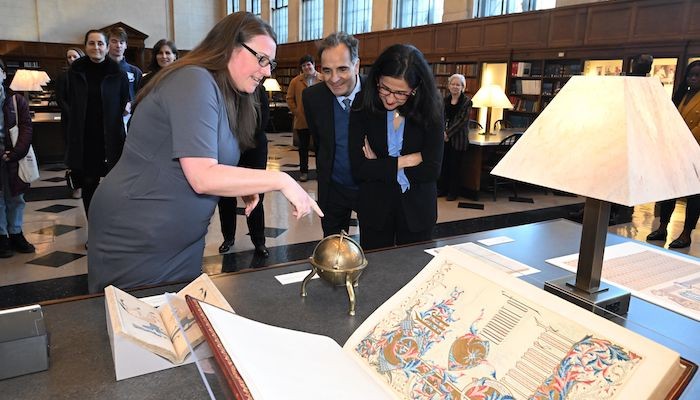
Editor, Author, and Scholar
Minouche has authored, edited, and co-authored a number of books and articles. In her writings and speeches, she has been clear eyed in how leading global institutions must transcend technocratic expertise to engage more fully with the people they serve. She has called for a better social contract to underpin our economic system, most notably in her recent book, What We Owe Each Other: A New Social Contract (2021, Princeton University Press), in which she challenges institutions and individuals to rethink how we can better support each other to thrive. In addition, she has written articles for a number of publications, including Oxford Economic Papers, Columbia Journal of World Business, The Middle East Journal, Journal of African Finance and Economic Development, World Development, and the Journal of Development Economics.
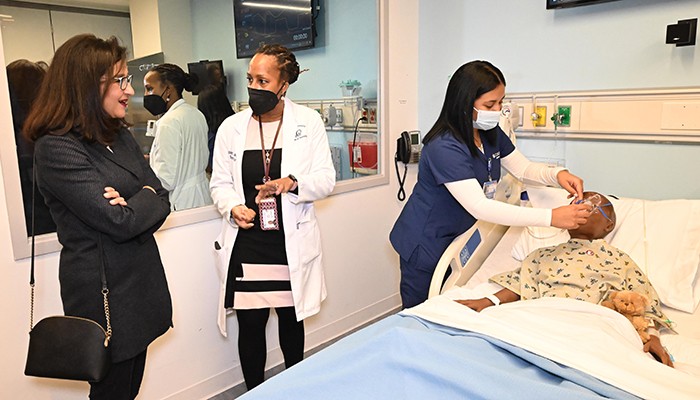
Member of numerous boards of directors
Minouche serves or has previously served on numerous boards including as Deputy Chair of the Trustees of the British Museum, board member of the Supervisory Board of Siemens, the Bill and Melinda Gates Foundation the Council of the Institute for Fiscal Studies, and BRAC. In recognition of her public service, she was made a Dame Commander by Queen Elizabeth II in 2015 and a cross-bench peer in the House of Lords in 2020. She is also an Honorary Fellow of the British Academy, St Antony’s College at Oxford University, and a Fellow of the Academy of Social Sciences.
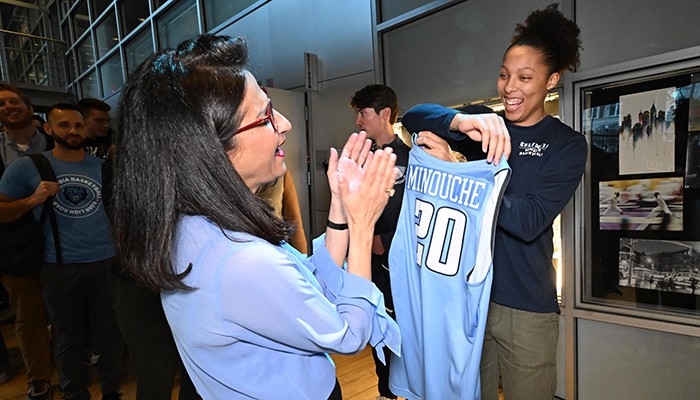
Several distinctions
Minouche Shafik was awarded Honorary Doctorates from the University of Warwick, the University of Reading, the University of Glasgow, and the American University in Beirut, and was selected “Woman of the Year” at the Global Leadership and Global Diversity awards in 2009. She also was named Forbes “100 Most Powerful Women” in 2015, “100 Women in Finance European Industry Leader” in 2018, and “100 Most Influential Africans” in 2021 by New African magazine.
She is married to Raffael Jovine, a molecular biologist, with whom she has with two college-age children and three adult stepchildren.

